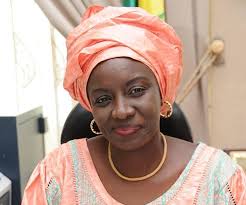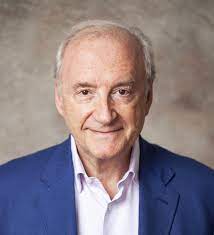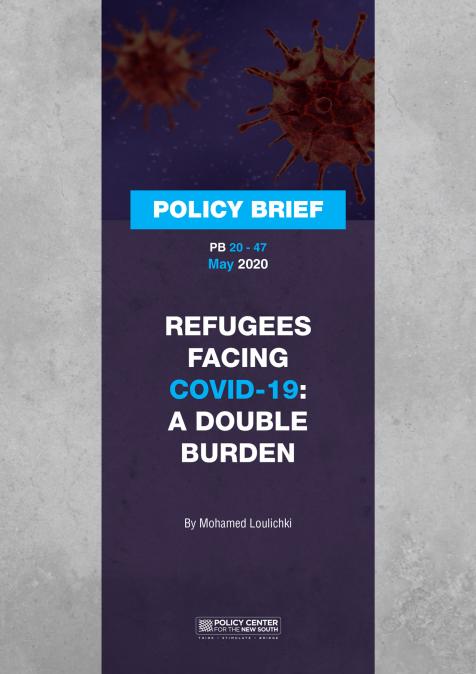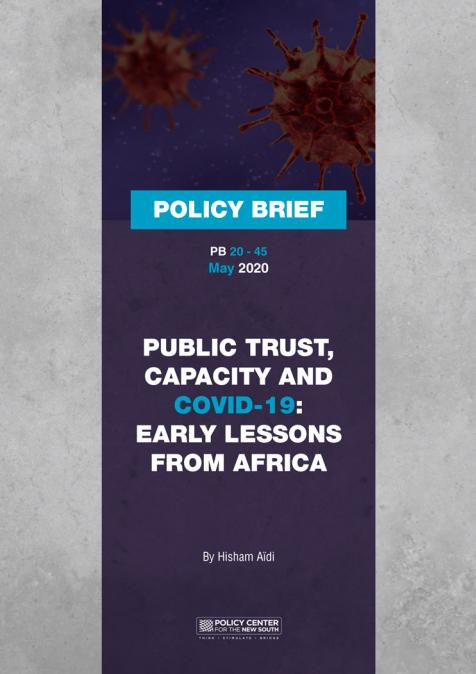La crise du Covid-19 a dévoilé les transformations à l’oeuvre sur la scène internationale et son « ordre établi ». Si certaines étaient latentes, la pandémie a également eu des conséquences géopolitiques et géostratégiques importantes. Le monde occidental (pays du Nord) a semblé pendant un temps avoir perdu son monopole de la puissance, tandis que les prévisions catastrophistes sur la situation des pays en développement (du Sud) se sont régulièrement révélées erronées. Cette session abordera la question de l’écart entre le Nord et le Sud, entre l’Occident et le reste du monde, dans la gestion de cette triple crise à la fois sanitaire, économique et sociale. - La domination du modèle occidental est-elle révolue ? Faut-il s’attendre à une redéfinition des rapports Nord-Sud ? - Comment la rivalité sino-américaine et la montée en puissance de la Chine modifieront-t-elles l’écart existant entre les pays développés et en développement ? - Quel est l’avenir d’une mondialisation désormais contestée au Nord comme au Sud ? - Face à cette menace commune, comment éviter la paralysie des institutions multilatérales ?







